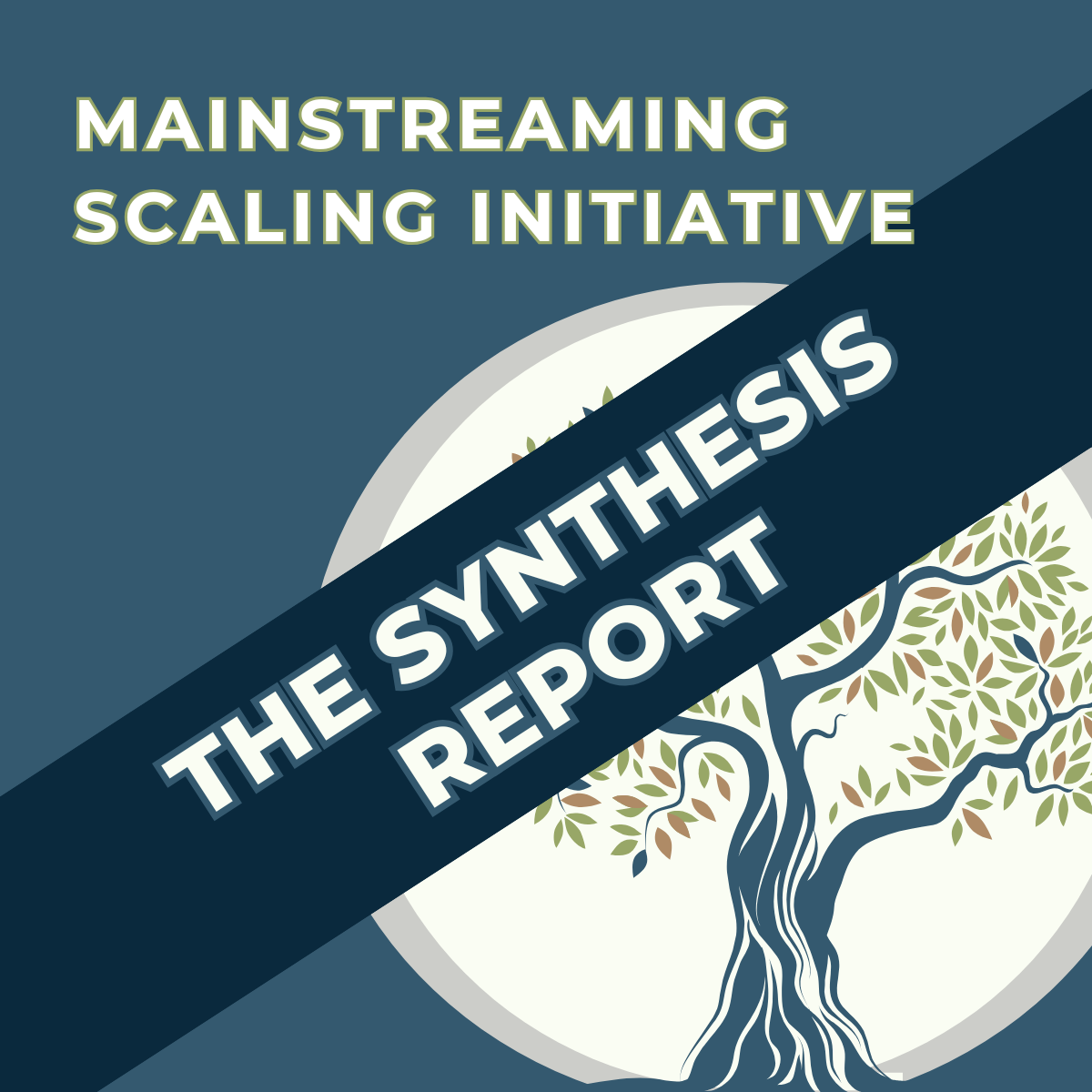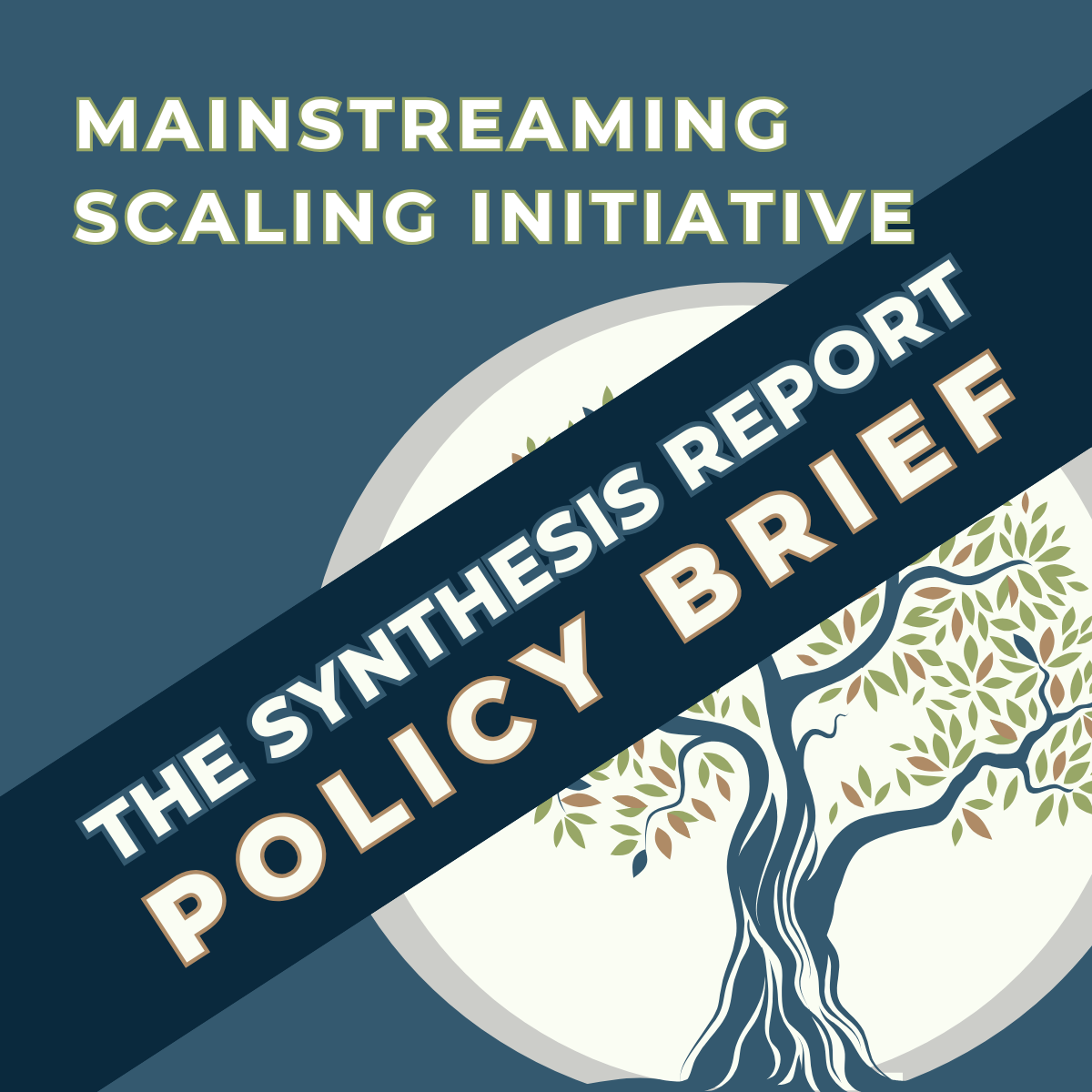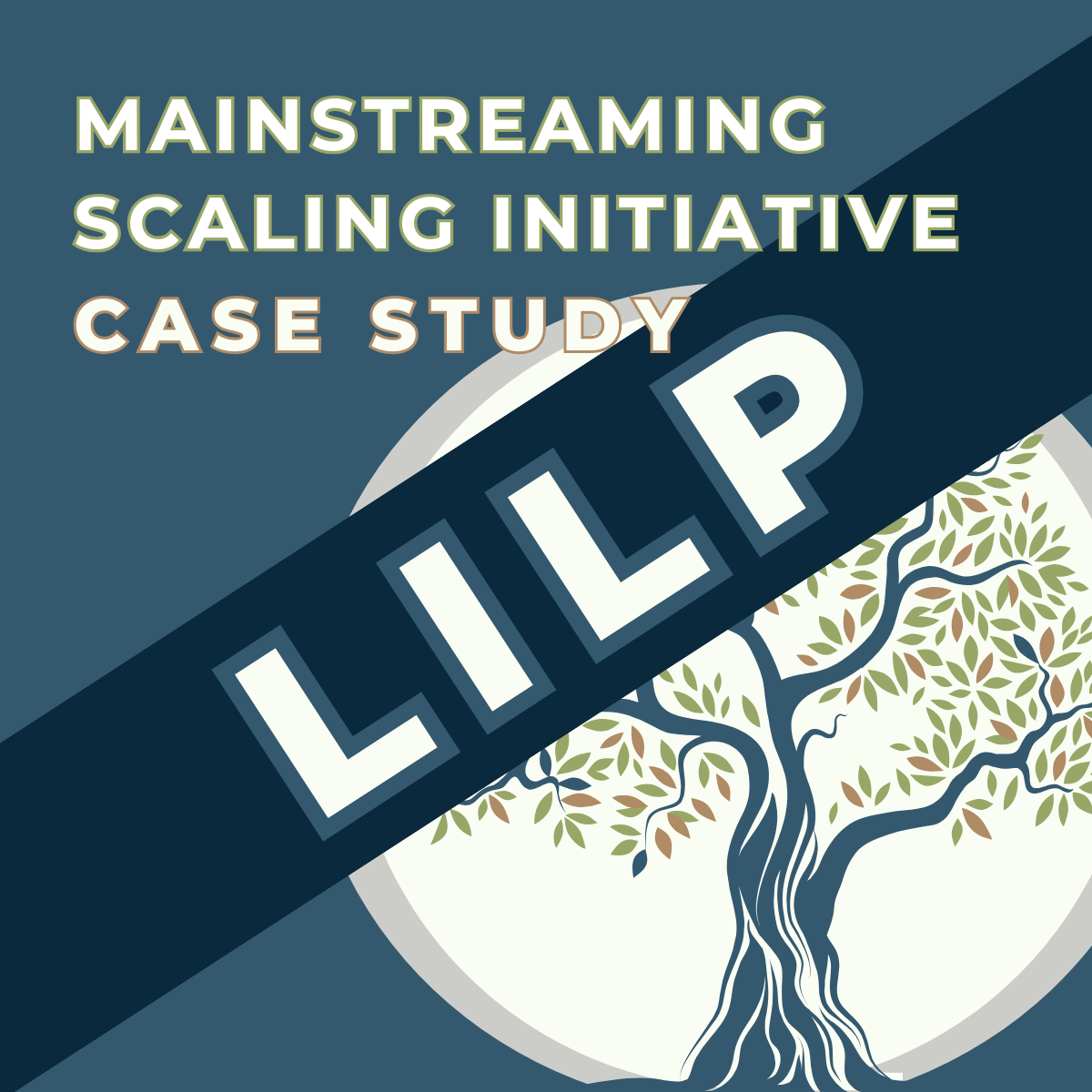By Evidence Action, February 2019
Evidence Action’s Deworm the World Initiative employs a cost-effective, evidence-based, and sustainable approach to scaling school-based deworming programs that treat schistosomiasis and soil-transmitted helminths (STH) in school-age children. Deworm the World’s partnership model includes 7 critical areas of support to governments which enables rapid and sustainable scale-up through leveraging existing education and health infrastructure. The initiative supports government programs that treat over 260 million children annually, with strong collaboration resulting in successful implementation across 6 countries: India, Kenya, Vietnam, Ethiopia, Nigeria, and, most recently, Pakistan.
Pakistan is among the top-10 highest burden countries for STH globally, and the only high burden country that has not scaled up deworming of at-risk school- age children. In 2016, Evidence Action partnered with Interactive Research & Development (IRD), Indus Health Network, the Institute of Development and Economic Alternatives, and the World Health Organization to con- duct Pakistan’s first nationwide STH prevalence survey. Overall, survey results indicated the need for annual treatment for an estimated 17 million school-age children in 44 at-risk districts across northern Pakistan and the southern city of Karachi.
Following months of advocacy using the newly avail- able evidence on STH infection levels, Evidence Action and implementing partners launched technical assistance to the Government of Pakistan in five territories and provinces – Islamabad Capital Territory (ICT), Khyber Pakhtunkhwa (KP), Sindh, Punjab, and Gilgit-Baltistan. This was followed by establishment of program governance structures, policy and planning meetings, and program design suited to the local con- text. In January 2019, the first mass deworming round launched in ICT, treating over 200,000 children. KP followed later that year treating 2.7 million children. In both locations, detailed planning resulted in relatively smooth implementation of mass deworming. However, Evidence Action identified program challenges that hindered reaching initial treatment targets, including little to no data on the total number and location of private schools, lack of government structures to reach high numbers of private schools, and high proportions of out-of-school children who are inherently harder to reach through school-based programs.
Despite challenges, Deworm the World’s partnership model and 7 areas of technical assistance allowed Evidence Action, IRD, and government partners to effectively capture lessons learned and provided the foundation for adaptive school-based deworming programs across Pakistan’s different geographies. Moving forward, Evidence Action will use this model to support the government in targeting treatment of at least 75% of all at-risk school-age children across all 44 identified at-risk districts in Pakistan by 2021.
Contact: Brett Sedgewick brett.sedgewick@evidence-action.org


